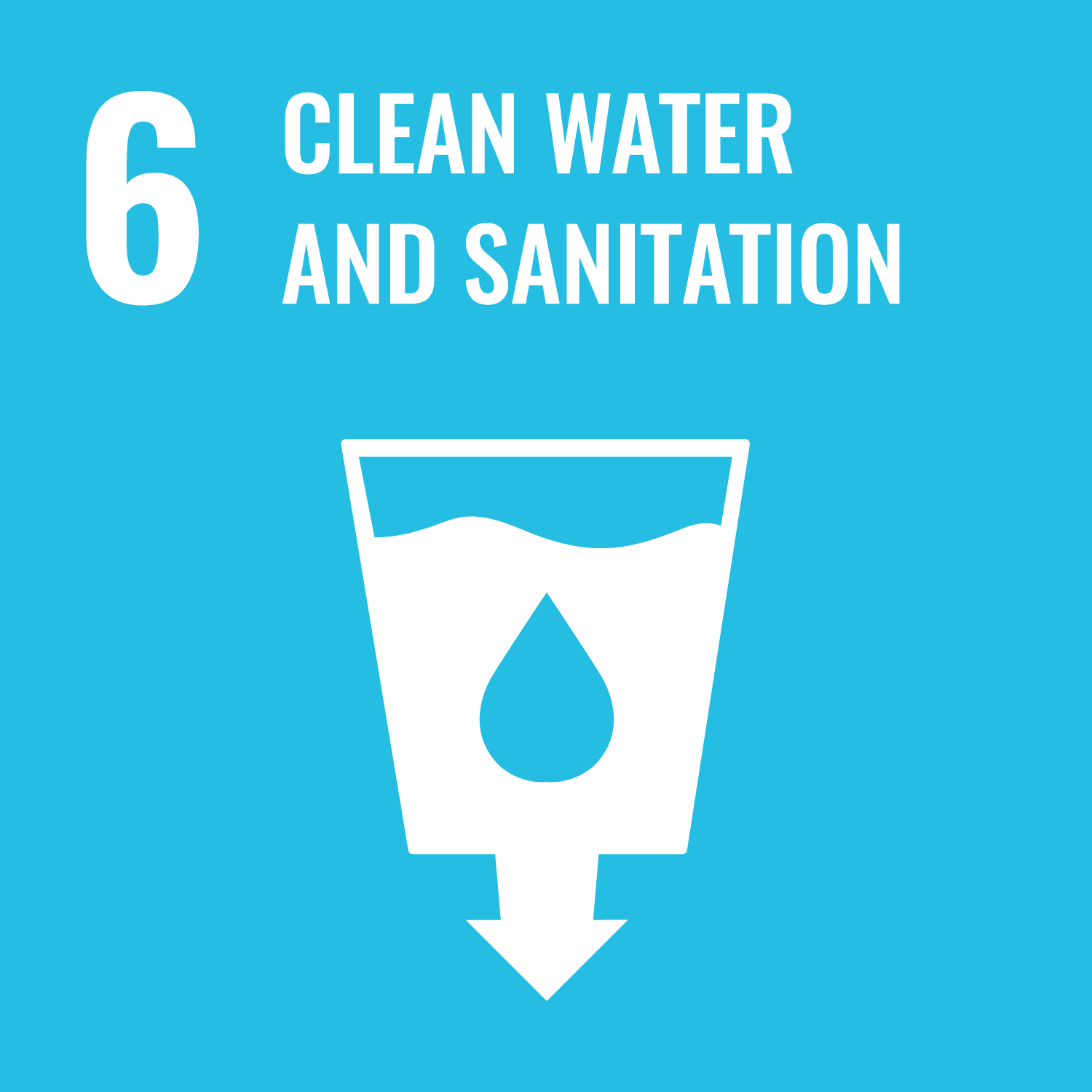ORCID
- Simon K. Jackson: 0000-0002-5475-7637
Abstract
Background: Water quality testing is vital to protect human health. Current testing relies mainly on culture-based detection of faecal indicator organisms such as Escherichia coli (E.coli). However, bacterial cultures are a slow process, taking 24–48 h and requiring specialised laboratories and trained personnel. Access to such laboratories is often sparse in developing countries and there are many fatalities deriving from poor water quality. Endotoxin is a molecular component of Gram-negative bacterial cell walls and can be used to detect their presence in drinking water. Method: The current study used a novel assay (BacterisK) to rapidly detect endotoxin in various water samples and correlate the results with E. coli content measured by culture methods. The data generated by the BacterisK assay are presented as an ‘endotoxin risk’ (ER). Results: The ER values correlate with E. coli and thus endotoxin can be used as a marker of faecal contamination in water. Moreover, the BacterisK assay provides data in near real-time and can be used in situ allowing water quality testing at different spatial and temporal locations. Conclusion: We suggest that BacterisK can be used as a convenient risk assessment tool to assess water quality where results are required quickly or access to laboratories is lacking.
DOI Link
Publication Date
2022-12-09
Publication Title
International Journal of Environmental Research and Public Health
Volume
19
Issue
24
ISSN
1661-7827
Acceptance Date
2022-12-07
Deposit Date
2023-11-28
Embargo Period
2023-11-29
First Page
16528
Last Page
16528
Recommended Citation
Sattar, A., Good, C., Saletes, M., Brandão, J., & Jackson, S. (2022) 'Endotoxin as a Marker for Water Quality', International Journal of Environmental Research and Public Health, 19(24), pp. 16528-16528. Available at: 10.3390/ijerph192416528



